Publications
Articles, publications, books, tools and multimedia features from the U.S. Institute of Peace provide the latest news, analysis, research findings, practitioner guides and reports, all related to the conflict zones and issues that are at the center of the Institute’s work to prevent and reduce violent conflict.
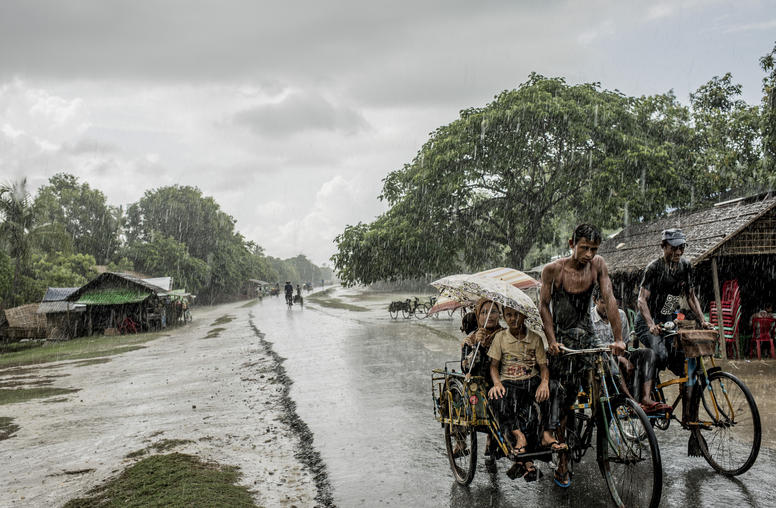
Cautious Optimism on Burma’s Arduous Path to Peace
A year after Burma’s pro-democracy leader, Aung San Suu Kyi, took office, her country’s transition from military rule toward democracy and peace has made progress—but continued fighting underscores the need for faster progress, said diplomats, scholars and other analysts who convened at USIP on March 16.
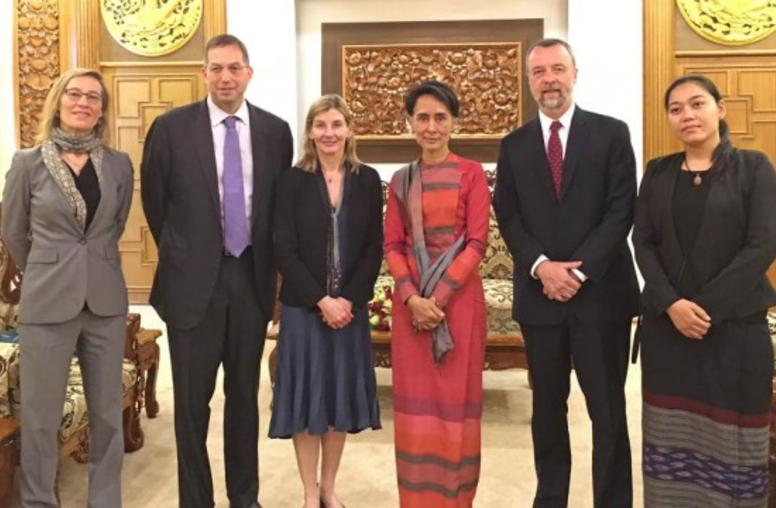
Burma is Still on the Rocky Road to Democracy
When the iconic democracy champion Aung San Suu Kyi won her historic, landslide election in Burma (Myanmar), she was met by soaring expectations, as well as by the formidable challenges of violent conflicts, a stuttering economy and the significant constraints of sharing authority with a still-powerful military.
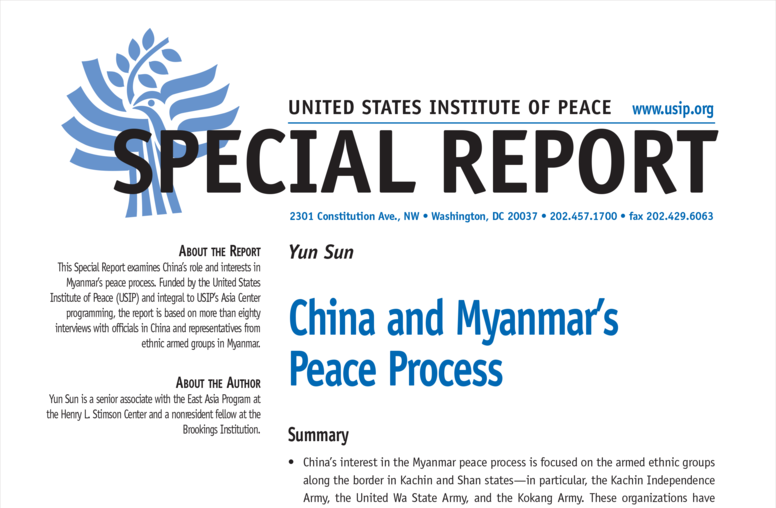
China and Myanmar’s Peace Process
For multiple historical, ethnic, geographic, political, and economic reasons, China has been and will remain an integral player in Myanmar’s internal peace process, particularly regarding the ethnic armed groups in northern Myanmar. Informed by numerous interviews in both China and Myanmar, this Special Report examines China’s positions, policies, and role in that process.
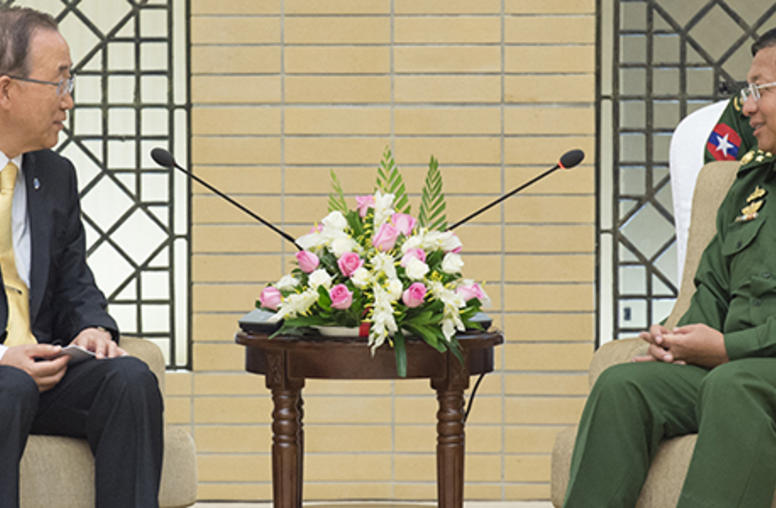
Myanmar Peace Process: Slow Progress, Delicate Steps
The peace process in Myanmar, which seeks to end decades of conflicts between the country’s army and an array of rebel groups, is progressing fitfully but could still face a reversal, experts on the Southeast Asian nation said in a discussion at the U.S. Institute of Peace. To drive it forward will require that the country’s new democratic leadership to skillfully manage relations with the still-powerful military while pushing negotiations and building confidence with the nation’s diverse arm...
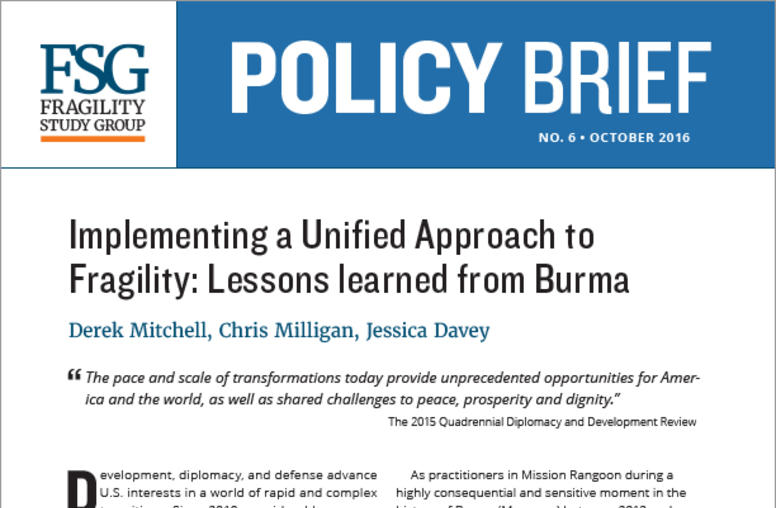
Implementing a Unified Approach to Fragility: Lessons learned from Burma
The Fragility Study Group is an independent, non-partisan, effort of the Carnegie Endowment for International Peace, the Center for a New American Security and the United States Institute of Peace. The chair report of the study group, U.S. Leadership and the Challenge of State Fragility, was released on September 12. This brief is part of a series authored by scholars from the three institutions that build on the chair report to discuss the implications of fragility on existing U.S. tools, st...
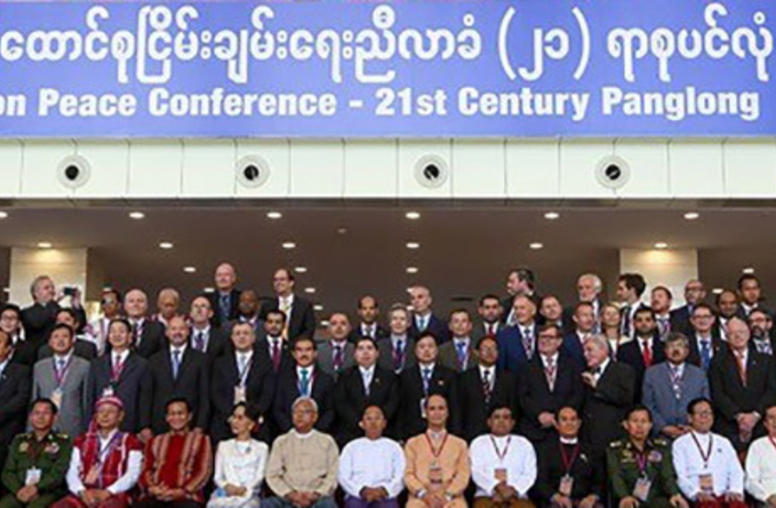
Q&A: Myanmar’s Peace Process, Suu Kyi Style
Four days of talks last week restarted Myanmar’s peace process almost a year after a Nationwide Ceasefire Agreement was signed by some but not all of the country’s armed groups. The process, known as the 21st Century Panglong Conference, or Union Peace Conference, is intended to convene every six months and aims to end the decades-long conflicts between and among the Myanmar army and an array of rebel groups. Vanessa Johanson, the Myanmar country director for the U.S. Institute of Peace, exam...
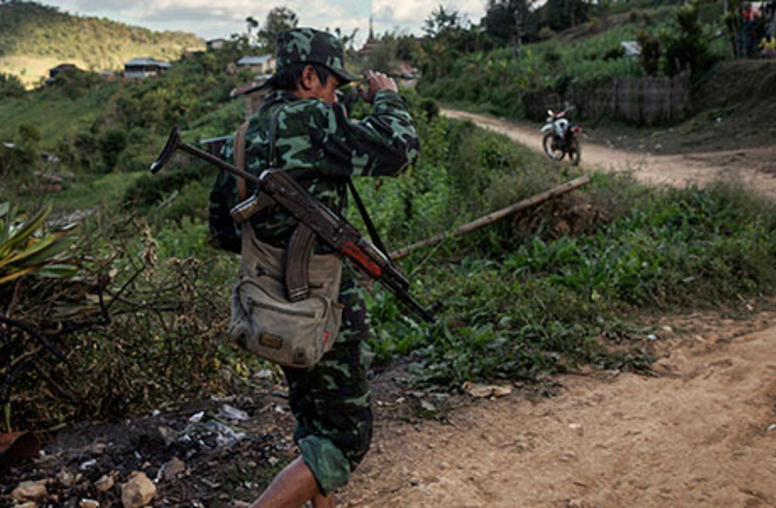
U.S. Eyes Military Ties With Myanmar, Official Says
The U.S. is formulating its next steps in Myanmar, including gradual re-engagement with the country's military, with the aim of broadening cooperation after several years of a multi-agency push to support a sensitive transition toward democracy. Current and former U.S. officials examined recent efforts and outlined plans going forward during a panel discussion at the U.S. Institute of Peace this week.
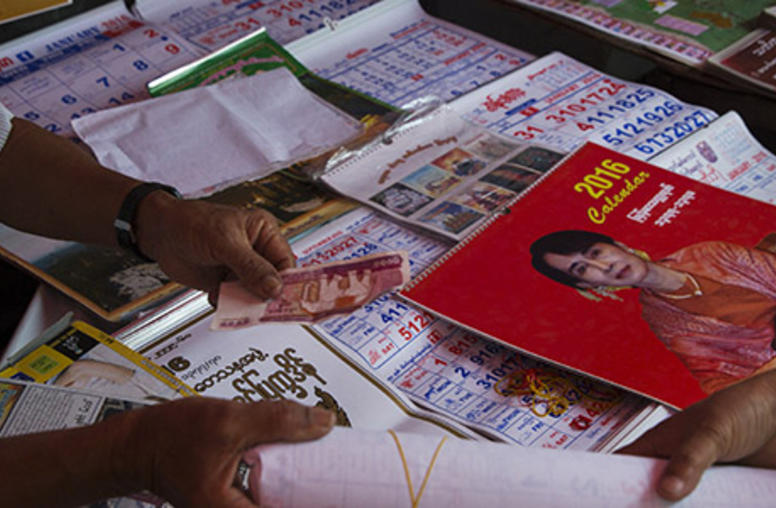
Q&A: Myanmar’s New Parliament with Suu Kyi Party Majority
Myanmar’s transition to representative democracy reaches another milestone on Feb. 1: A new parliament begins work with a majority of its members for the first time belonging to the National League for Democracy (NLD), the party led by Nobel Peace Prize laureate Aung San Suu Kyi. Priscilla Clapp, a former American diplomat in Myanmar and U.S. Institute of Peace specialist on the country, discusses the next steps and the likely effect of the change on Myanmar’s political, economic and societal...
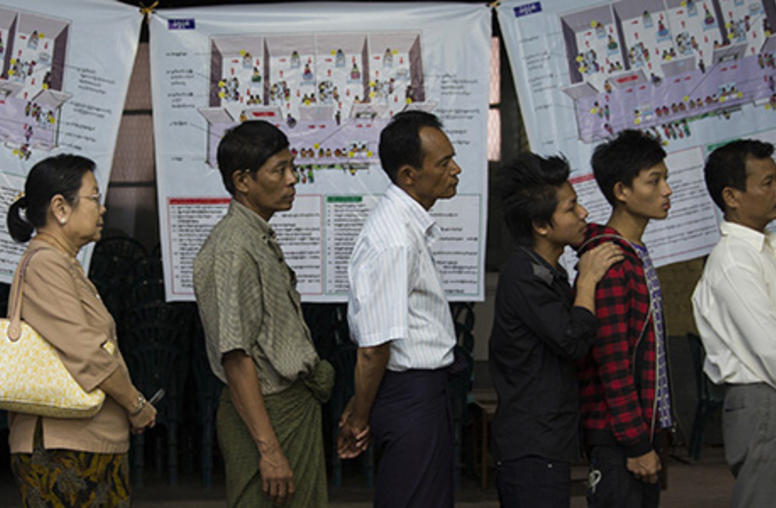
Q&A: Myanmar Voters Cast Ballots for Democracy
Myanmar’s transition to representative democracy took a critical step on Nov. 8 as the nation held the first general election since almost 50 years of military rule ended in 2011. While ballots are still being counted, the National League for Democracy, led by Nobel Peace Prize laureate Aung San Suu Kyi, appears headed to winning control of parliament. Priscilla Clapp, a former American diplomat in Myanmar and U.S. Institute of Peace specialist on the country, discusses the implications of th...
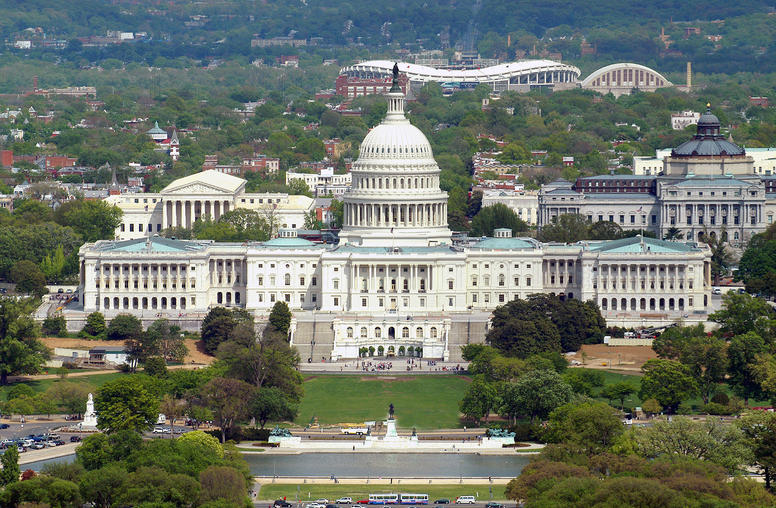
China’s Relations with Burma
Priscilla A. Clapp, senior advisor to the U.S. Institute of Peace, testifies before the U.S.-China Economic and Security Review Commission on China’s Relations with Southeast Asia.